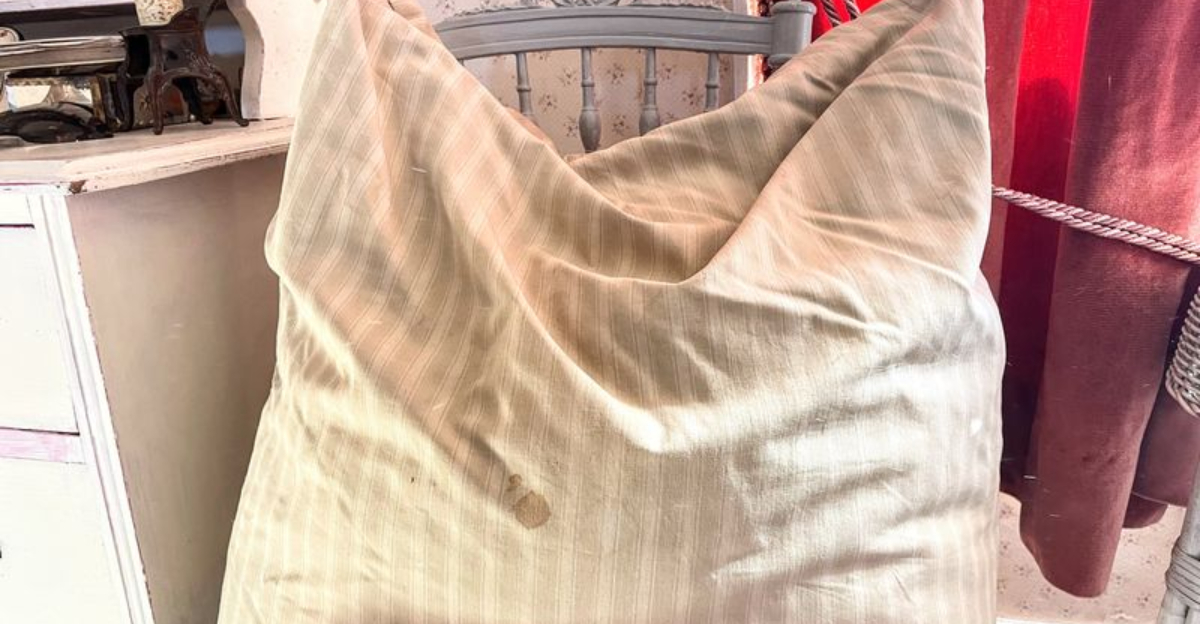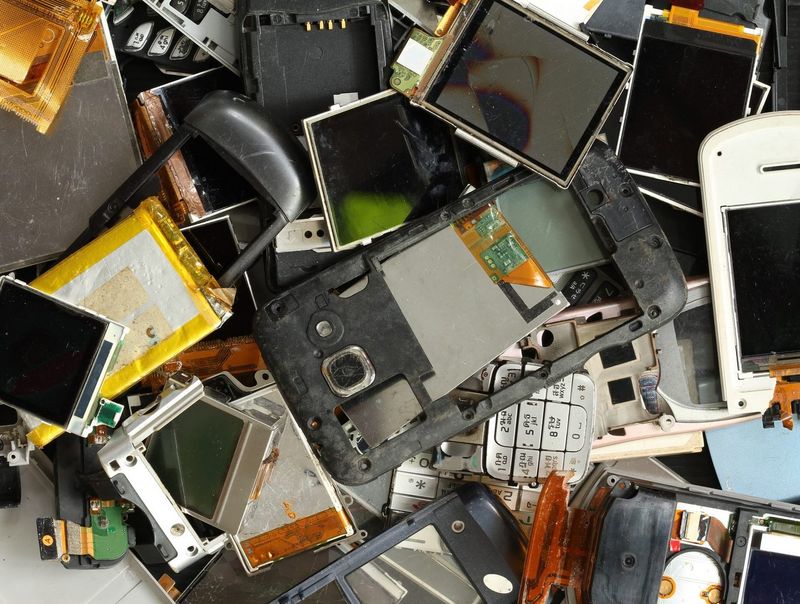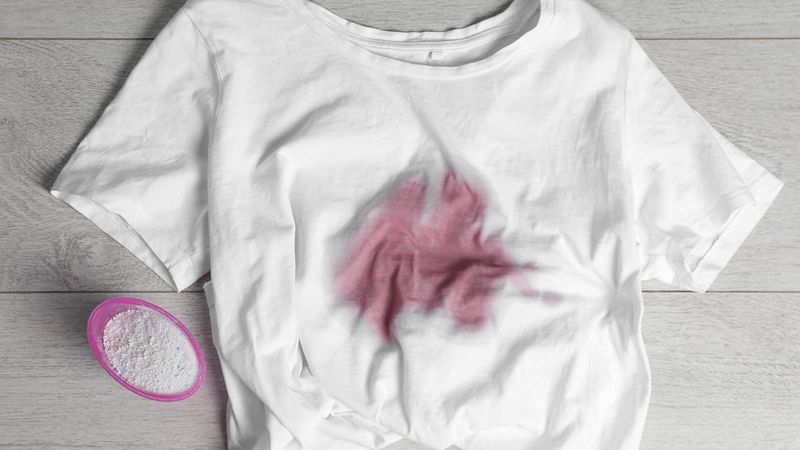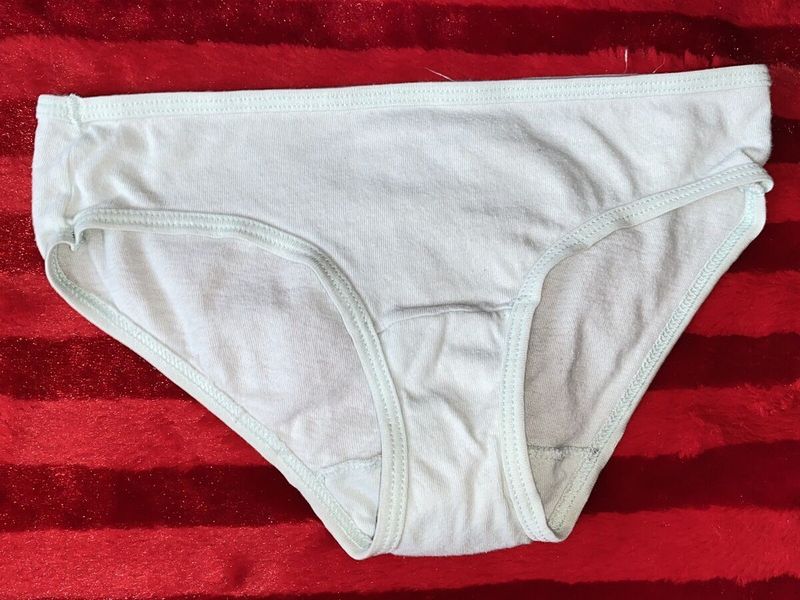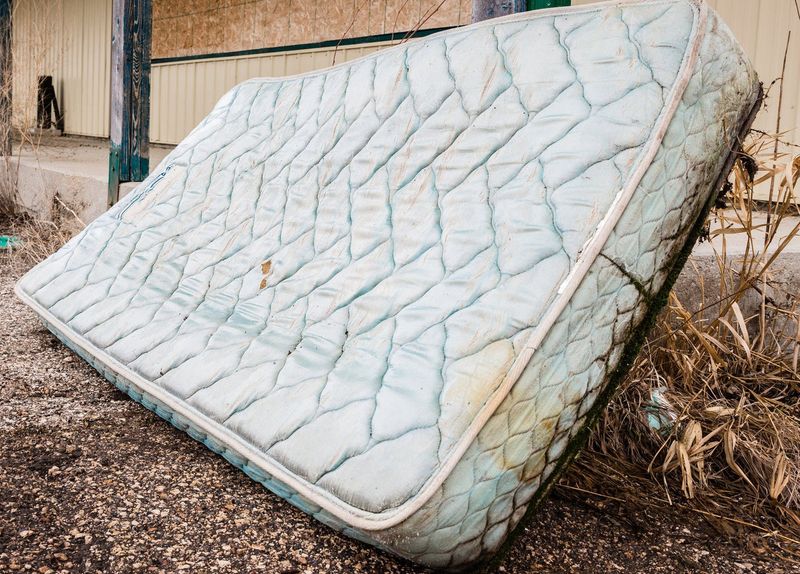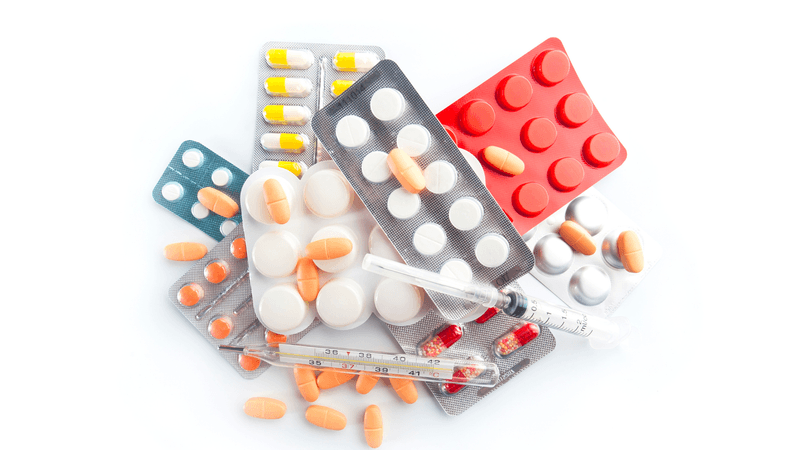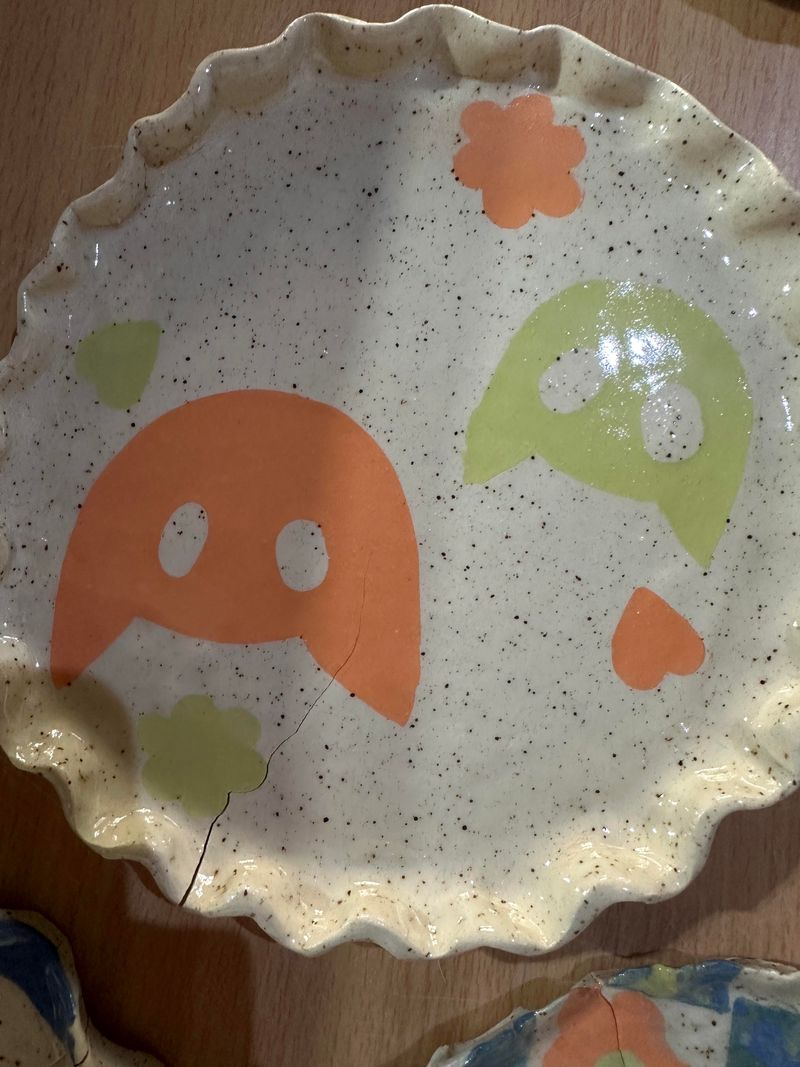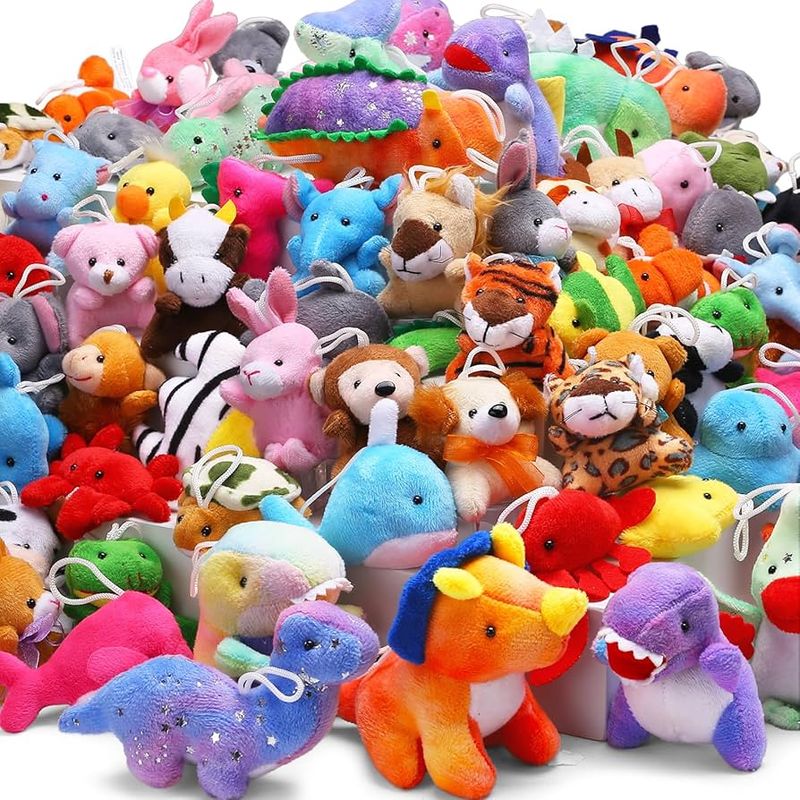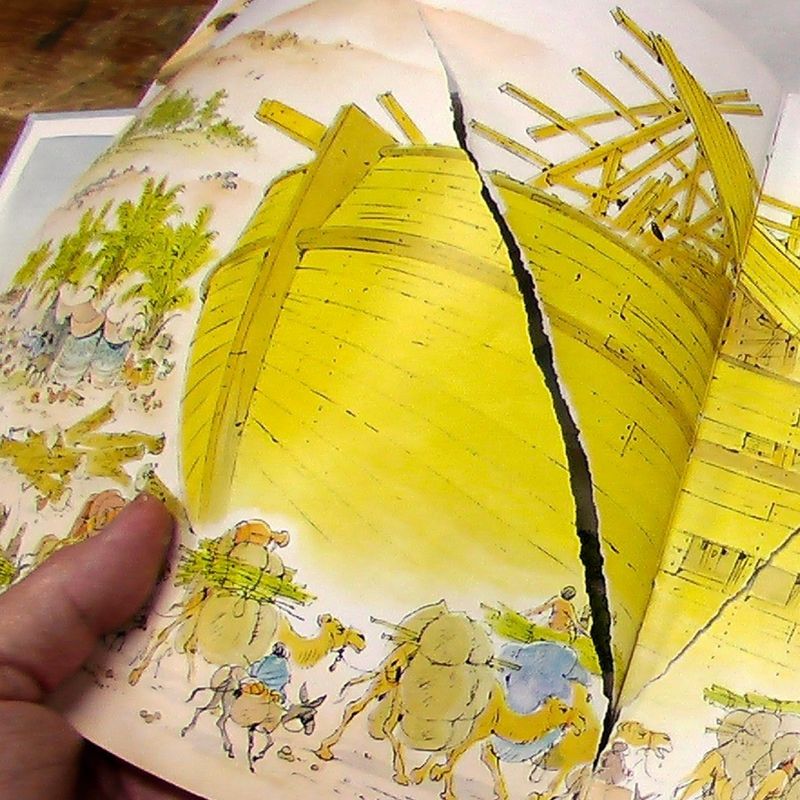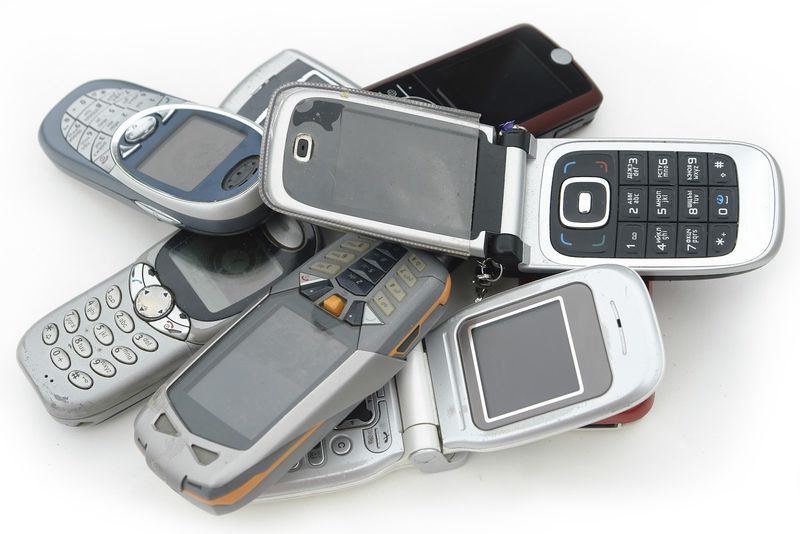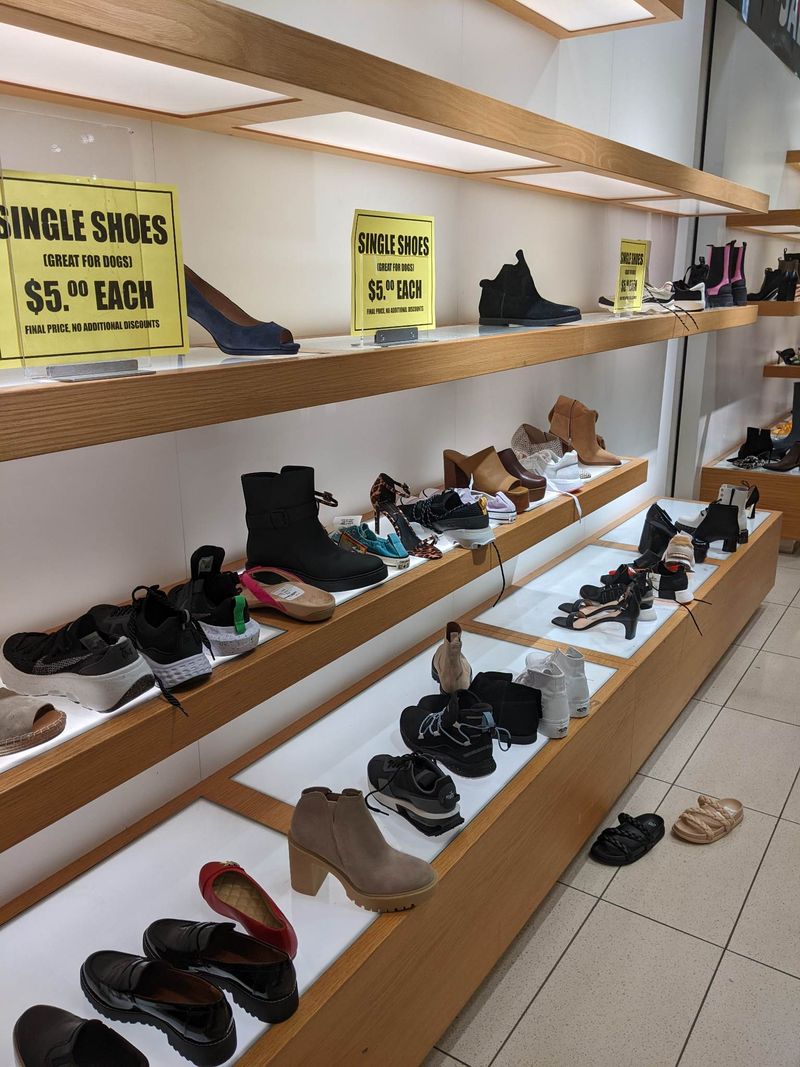Donating unwanted items might seem like a noble act, but not everything belongs in the donation pile.
While many things can find a new home through charity, some items are better off in the trash due to hygiene, safety, or practicality concerns.
This guide lists 15 such items that should be disposed of rather than donated.
1. Broken Electronics
Broken electronics, such as outdated TVs or computers, often end up as e-waste. Many donation centers lack the resources to repair them, leading to disposal in landfills. Additionally, broken gadgets may contain harmful substances like lead or mercury, posing environmental risks.
It’s better to recycle these through designated electronic recycling programs. Many cities hold e-waste collection events, offering a responsible disposal method.
Before donating, check if the electronic item is functional and has all necessary parts. Otherwise, consider recycling or contacting companies that offer take-back programs.
2. Stained Clothing
Stained clothing is rarely appreciated by donation centers. They often lack the means to clean heavily soiled garments, leading to unnecessary processing work.
Even if the item holds sentimental value, consider repurposing it into rags or crafts. Alternatively, some brands offer textile recycling programs, accepting worn-out clothes.
Before donating, ensure clothes are clean and in good condition. This way, your donations maintain dignity for recipients and reduce the burden on charity workers.
3. Used Underwear
Used underwear is generally not accepted for donation due to hygiene concerns. These items often go unsorted and end up being discarded.
Instead, consider recycling options where available or repurposing for non-wearable uses like cleaning cloths. Some specialty programs recycle textiles into insulation or padding.
Donating only new or gently worn, clean underwear ensures hygiene standards are met and supports donation centers in maintaining quality offerings.
4. Damaged Furniture
Damaged furniture can be more of a burden than a blessing for donation centers. They often lack repair facilities, leading to disposal rather than reuse.
Instead of donating, try fixing minor damages yourself or seek specialized repair shops. Upcycling into new furniture pieces is another creative alternative.
Consider listing usable parts online for people who might need spare components. Ensuring furniture donations are sturdy and functional supports their intended purpose.
5. Old Mattresses
Old mattresses are typically rejected by donation centers due to health and safety concerns. They may harbor bedbugs or allergens, posing risks to recipients.
Many communities offer mattress recycling programs, breaking them down into reusable materials like steel or foam.
Before considering donation, check local regulations for proper disposal methods. Some companies offer take-back services when purchasing new mattresses, ensuring safe and responsible discarding.
6. Expired Medications
Expired medications are dangerous to donate due to potential health risks. They may lose effectiveness or cause adverse reactions if consumed.
Many pharmacies and local health departments offer take-back programs for safe disposal of old medications, preventing environmental contamination.
Ensure all personal information is removed from packaging before discarding. Always prioritize safety by using designated disposal points, safeguarding both people and the environment.
7. Old Pillows
Old pillows are unwelcome donations due to hygiene issues. Over time, they accumulate dust mites, allergens, and bacteria, making them unsuitable for reuse.
Consider recycling them through specialized textile programs or use them for pet bedding if appropriately sanitized.
When donating bedding, ensure items are clean and not overly worn. This ensures dignity for recipients and reduces the workload for charity workers, maintaining hygiene standards.
8. VHS Tapes
VHS tapes are obsolete and largely unwanted by donation centers. They take up space without providing much use, as most people lack the equipment to play them.
Some creative options include transforming tapes into art projects or using them in DIY crafts. Recycling through dedicated e-waste programs is another path.
Consider digitizing valuable content before disposing. By doing so, you preserve memories while responsibly navigating the limitations of outdated technology.
9. Cracked Dishes
Cracked dishes pose safety risks and are generally unfit for donation. Their sharp edges can cause injury, and they don’t meet the standards of usable kitchenware.
Instead, repurpose them for mosaic crafts or garden decorations, adding unique flair to your projects.
Ensure kitchenware donations are free from defects and safe to use. This guarantees they serve their purpose and contribute positively to those in need.
10. Old Magazines
Old magazines are often unwanted by donation centers due to their dated content. They tend to accumulate quickly and may not provide relevant information.
Consider recycling them through local paper recycling programs. Alternatively, use them for collage art or other creative pursuits.
Ensure reading material donations are current and in good condition. This keeps them appealing and useful for those who receive them, providing both enjoyment and education.
11. Used Makeup
Used makeup is not suitable for donation due to hygiene and health concerns. Sharing cosmetic products can lead to the spread of bacteria and infections.
For disposal, consider waste management programs that handle cosmetics. Explore creative upcycling, like repurposing containers for storage or crafts.
When donating cosmetics, opt for new, unopened products. This ensures safety and quality, maintaining respect for recipients while supporting hygienic standards.
12. Stuffed Animals
Stuffed animals, especially those in poor condition, are often unsuitable for donation. They can harbor allergens and germs over time, posing health risks.
Consider washing and repurposing them into pet toys or memory crafts. Some recycling programs accept textiles for proper disposal.
Ensure toy donations are clean and in good repair, offering safe and sentimental value. This way, they find loving homes while upholding quality standards.
13. Torn Books
Torn books may lack appeal for donation, as their damage can detract from readability. Missing pages and broken bindings render them incomplete.
Look into recycling through paper programs or consider creative uses like book art. Some libraries host book repair workshops, offering another option.
Ensure book donations are intact and presentable. This makes them desirable to readers, allowing them to be enjoyed fully and meaningfully.
14. Old Cell Phones
Old cell phones often end up as e-waste when donated. Without proper disposal, they can contribute to environmental pollution.
Recycle through e-waste programs or trade in for newer models at electronic stores. This offers an environmentally friendly disposal method.
Ensure phones are wiped of personal data before recycling. This protects privacy while supporting sustainable practices, turning old technology into valuable resources.
15. Single Shoes
Single shoes, without their pairs, hold little value for donation. Mismatched footwear lacks practical use and often ends up discarded.
Consider repurposing them in creative ways, like planters or art projects. Some organizations accept single shoes for recycling into new materials.
Ensure shoe donations are complete pairs and in wearable condition. This ensures they serve their intended purpose, providing both function and fashion to recipients.
